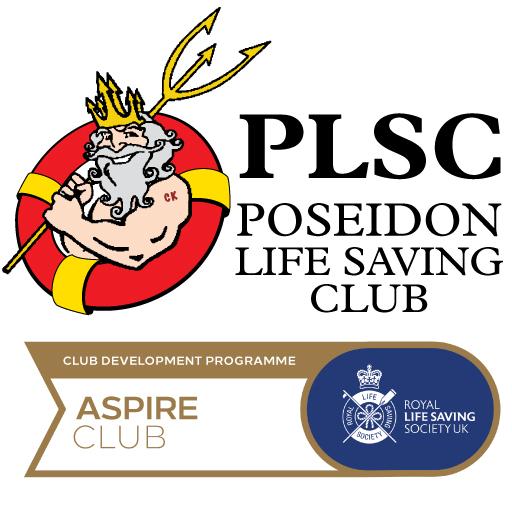Procedure For Reporting A Concern
The Children’s First Act of 2015 , Schedule 1, Section 5A directs that Poseidon Lifesaving Club is legally obliged to care for the children in compliance with Irish legislation. Under Irish law, the guidance published by TUSLA is statutory support for reporting any concerns.
It is the DLP’s responsibility to complete the Child Protection and Welfare Report Form (https://www.tusla.ie/uploads/content/Child_Protection_and_Welfare_Report_Form_FINAL.pdf) and to forward it without delay to the TUSLA Duty Social Worker by registered post under confidential cover. Reports can also be made on TUSLA’s secure web portal.
Role of the Designated Liaison Person
Responding To Child Abuse
Regardless of how a concern comes to a coach/volunteer’s attention, it must be reported to the DLP Survive & Save who is Mary Lawlor, DLP Rookie is Julie Bond.
The DLP, in consultation with the person who raised the concern, will decide if reasonable grounds for concern exist. If reasonable grounds for concern exist, the DLP will report to a TUSLA duty social worker.
If as the DLP you decide not to report a concern to TUSLA, the following steps should be taken:
- The reasons for not reporting should be recorded.
- Any actions taken as a result of the concern should be recorded.
- The employee or coach/volunteer who raised the concern should be given a clear written explanation of the reasons why the concern is not being reported to TUSLA.
- The coach/volunteer should be advised that if they remain concerned about the situation, they are free to make a report to TUSLA or An Garda Síochána.
Procedure Reporting Concerns
Recording A Child Abuse Case
- Records should be factual and include details of contacts, consultations and any actions taken.
- All agencies dealing with children must cooperate in the sharing of records with the statutory authorities where a child protection or welfare issue arises.
- Ensure that records on child protection concerns, allegations and disclosures are kept securely and safely within the club.
- Records should only be used for the purpose for which they are intended.
- Records should only be shared on a need to know basis in the best interests of the child/young person.
- Clearly state who within your club has access to particular types of records.
- State the location where records are stored.
- Indicate how long the organisation will retain these types of records.
- Child protection records should be updated as required and reviewed regularly by the Designated Liaison Person (DLP).
.
Don't Hesitate If Concerned
“The responsibility to safeguard our children does not belong to any one person. Instead it belongs to everyone who plays a part in delivering our sporting activities.” (Wavepower 2016)


